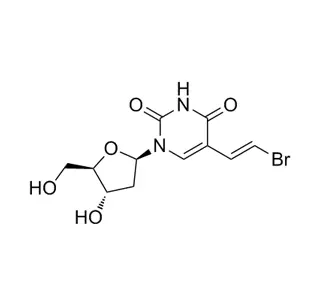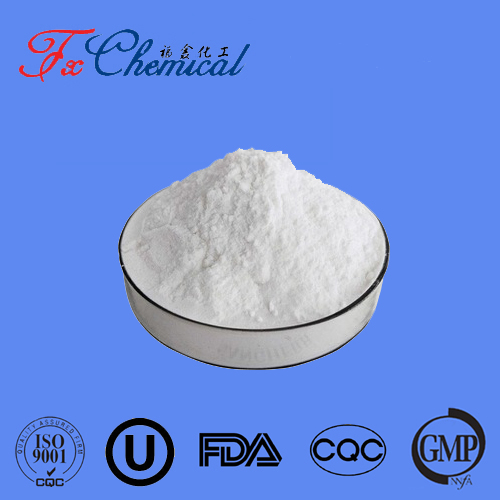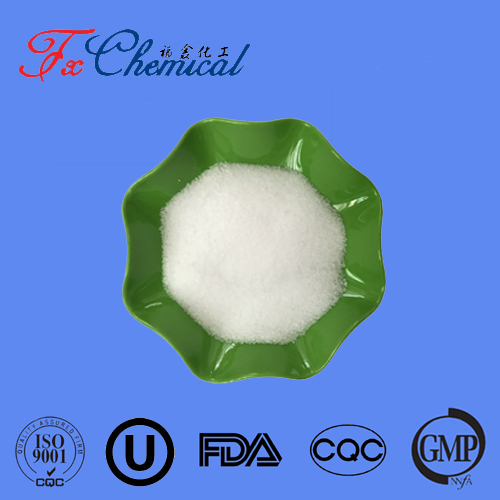
Search

Search

In the world of dietary supplements, benfotiamine has been gaining significant attention, especially among those managing diabetes. This article aims to delve into what benfotiamine is, its functions, and how it plays a crucial role in diabetes management.
Benfotiamine is a synthetic derivative of thiamine (vitamin B1). Unlike thiamine, benfotiamine is fat-soluble, which significantly enhances its absorption and utilization in the body. Chemically, benfotiamine is known as S-benzoylthiamine O-monophosphate. Its unique structure allows it to be more readily absorbed through cell membranes, providing superior bioavailability compared to regular thiamine.
Differences in Absorption: Thiamine, being water-soluble, faces limitations in terms of absorption. It needs active transport mechanisms to be taken up by cells, whereas benfotiamine, due to its fat-solubility, can diffuse more easily across cell membranes.
Bioavailability: The bioavailability of benfotiamine is significantly higher than that of thiamine. This means that when taken as a supplement, benfotiamine is more efficiently used by the body, leading to better therapeutic outcomes.
Neurological Health: Benfotiamine has been shown to support nerve health. It helps in the repair and regeneration of damaged nerves, making it beneficial for conditions like neuropathy.
Cardiovascular Support: It aids in maintaining cardiovascular health by reducing oxidative stress and improving endothelial function, which is vital for heart health.
Anti-Aging Properties: Benfotiamine's antioxidant properties help combat the effects of aging by protecting cells from damage caused by free radicals.
Benfotiamine works by blocking harmful biochemical pathways that are activated by high blood sugar levels. This helps in reducing the formation of advanced glycation end-products (AGEs) which are detrimental in diabetic complications. Numerous studies have highlighted the efficacy of benfotiamine in managing diabetes. It has shown promise in reducing symptoms and preventing complications such as neuropathy, retinopathy, and nephropathy.
Blood Sugar Regulation: While benfotiamine does not directly lower blood sugar levels, it helps in minimizing the damage caused by high glucose levels, thereby aiding in better overall diabetes management.
Prevention of Diabetic Complications: By inhibiting the pathways that lead to complications, benfotiamine protects against nerve damage, kidney issues, and eye problems commonly associated with diabetes.
Benfotiamine is a powerful derivative of thiamine with significant benefits, particularly for those managing diabetes. Its superior absorption and bioavailability make it a highly effective supplement in preventing and managing diabetic complications. By incorporating benfotiamine into their regimen, individuals can enjoy better health outcomes and improved quality of life.

Quick Links
Add:
E-mail:
 English
English  Español
Español  français
français  العربية
العربية 


